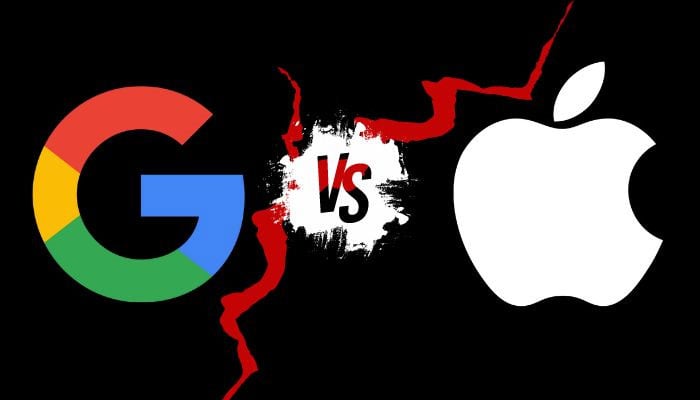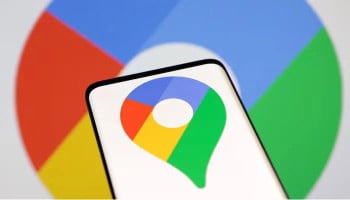
Apple's lucrative deal with Google is under threat following a US judge's ruling that the Alphabet-owned search giant operates an "illegal monopoly".
Wall Street analysts suggested that a potential remedy for Google to avoid antitrust actions could involve terminating the agreement, which designates its search engine as the default on Apple devices.
Google currently pays Apple $20 billion annually, approximately 36% of the revenue generated from search advertising via the Safari browser, as per Morgan Stanley analysts. Should this deal be nullified, Apple could face a 4-6% reduction in its profit, according to analyst estimates.
The existing agreement is set to run until at least September 2026, with Apple having the option to unilaterally extend it for an additional two years. This information was highlighted in media reports from May, based on a document filed by the Department of Justice in the antitrust case.
Also read: Google loses antitrust battle as DOJ rules against its search engine practices
Evercore ISI analysts commented: "The most likely outcome now is that the judge may rule that Google must cease paying for default placement, or that companies like Apple must actively prompt users to choose their search engine rather than setting a default and allowing users to change it later."
On Tuesday, Apple shares were trading flat, underperforming a broader market recovery following Monday's global selloff. Alphabet shares remained relatively unchanged after a 4.5% decline in the previous session.
Herbert Hovenkamp, a professor of law at the University of Pennsylvania, noted: "The message here is that if you hold a dominant market position with a product, you should avoid exclusive agreements and ensure that any agreement provides the buyer with the freedom to choose alternatives."
It is important to note that the "remedy" phase could be protracted, with potential appeals to the US Court of Appeals, the District of Columbia Circuit, and the US Supreme Court. This legal battle could extend into 2026.
AI transition
Despite the potential end of the deal, Apple has several options, including offering alternatives such as Microsoft Bing or possibly developing a new search product powered by OpenAI. Analysts concur that the ruling will accelerate Apple's shift towards AI-powered search services. The company recently announced plans to integrate OpenAI's ChatGPT chatbot into its devices.
In a move away from exclusive agreements, which could help Apple avoid regulatory scrutiny, the company has revealed ongoing talks with Google to incorporate the Gemini chatbot and plans to include other AI models. Additionally, Apple is enhancing Siri with AI technology to better handle tasks such as writing emails and interacting with messages.
Although these efforts are not expected to generate significant revenue in the near future, they could help Apple leverage new technology. Gadjo Sevilla, an analyst at Emarketer, remarked: "Apple might see this as a temporary setback, especially given the substantial earnings from the Google search deal, but it also presents an opportunity to pivot towards AI solutions for search."
The antitrust ruling against Google could thus impose a significant financial impact on Apple, potentially costing the tech giant $20 billion and prompting a strategic shift towards AI-driven technologies.
















